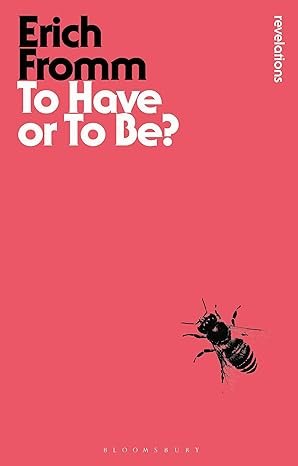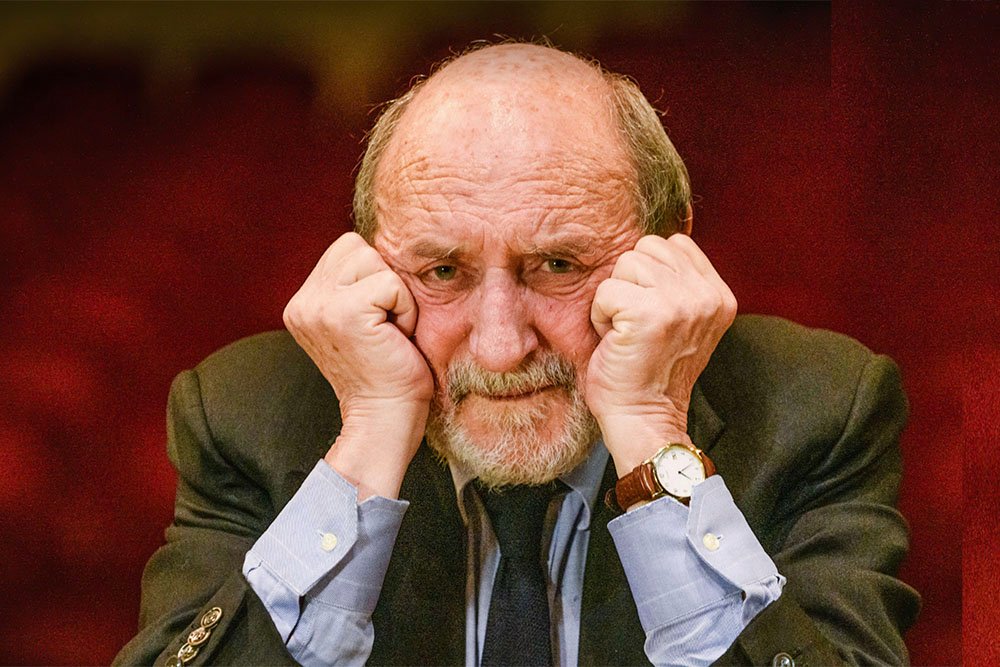I just happened to listen to a lecture by Umberto Galimberti, a modern Italian philosopher I am enjoying quite a lot recently. And in that lecture titles “Solo le donne amano” (you can find it in YouTube if you search for the title) he speaks of women and their approach to reality which seems irrational to men, and unfortunately in the modern world, even to women themselves. Platon says in his letters that the existence of women is based on dimensions of madness, or mania. The four types of mania, defined by Socrates, are the gift of prophecy, belief in mystery, poetry and love. Since women possess a natural capacity to give birth to another human being and to love the other, the newborn, they identify themsleves as part of the relationship with the man, and that is why, as Galimberty makes it clear to his audience, it is so hard for a woman to accept a refusal, since it literally means accepting a dis-identity for herself in that current moment. The man on the other side, when in a relationship with a woman, discovers his identity not within the relationship but beyond the relationship. Having a female in his possession, he is able to proudly step into the external world, whose rules of comparison and power now also apply to him.
To Have or To Be
I would like to investigate the topic further, relating it to two of the most important philosophical concepts when it comes to the way of existence: The mode to be and the mode to have. Erich Fromm, a German philosopher born in the city in which I nearly died, turns to be one of my favorite philosophers, who I read with sincere pleasure. His work “To Have or To Be” distinguishes between the two different modes of existence, which define the human life. Relating this back to the lecture of Galimberty, I realize that all he is saying, refers to people leading a life in accordance with the mode of having, which is the majority of people. So a man, who lives in the mode of having, has an irrestitible need of possession which in the patriarchal society translates not only in material possessions, but also in an ownership of his wife and children: “Perhaps the greatest enjoyment is not so much in owning material things, but in owning living beings. In a patriarchal society even the most miserable of men in the poorest of classes can be an owner of property – in his relationship to his wife, his children, his animals, over whom he can feel he is an absolute master.” (Erich Fromm, To have or to be) A woman can experience the mode of having just as strong as a man can, however in her it would be expressed in a different way. Through identification with the man, she would experience a sense of possession of his financial status, his materal possessions, his masculine appearance and so on. However, there is another mode of existence, which comes with consciousness and conscious actions, and that is the mode of being. Erich Fromm makes it clear that it is possible to change if you are conscious of the changes you are making, so conscious that you are willing to search for inner values to identify it, rather than rely on the things you have for identity.

Speaking from personal experience now, I can confirm indeed, that I have always been feeling strongly emotionally identified with my partners (although back then I refused to admit it to myself), and every relationship in the past has felt like a great psychological disaster. I could not simply be myself. I could not simply be another one. I would always see myself through the prism of the other. And so after every seperation I would feel lost, desperate and lonely, until that climax of my life, when everything fell apart. I decided my world should change. And it was a moment of crisis,\ exactly because as the etymology of the world suggests, the judgement of my world had to change for the means of my own survival. And this means diving up deep, deep, with all the pain it takes to do.

